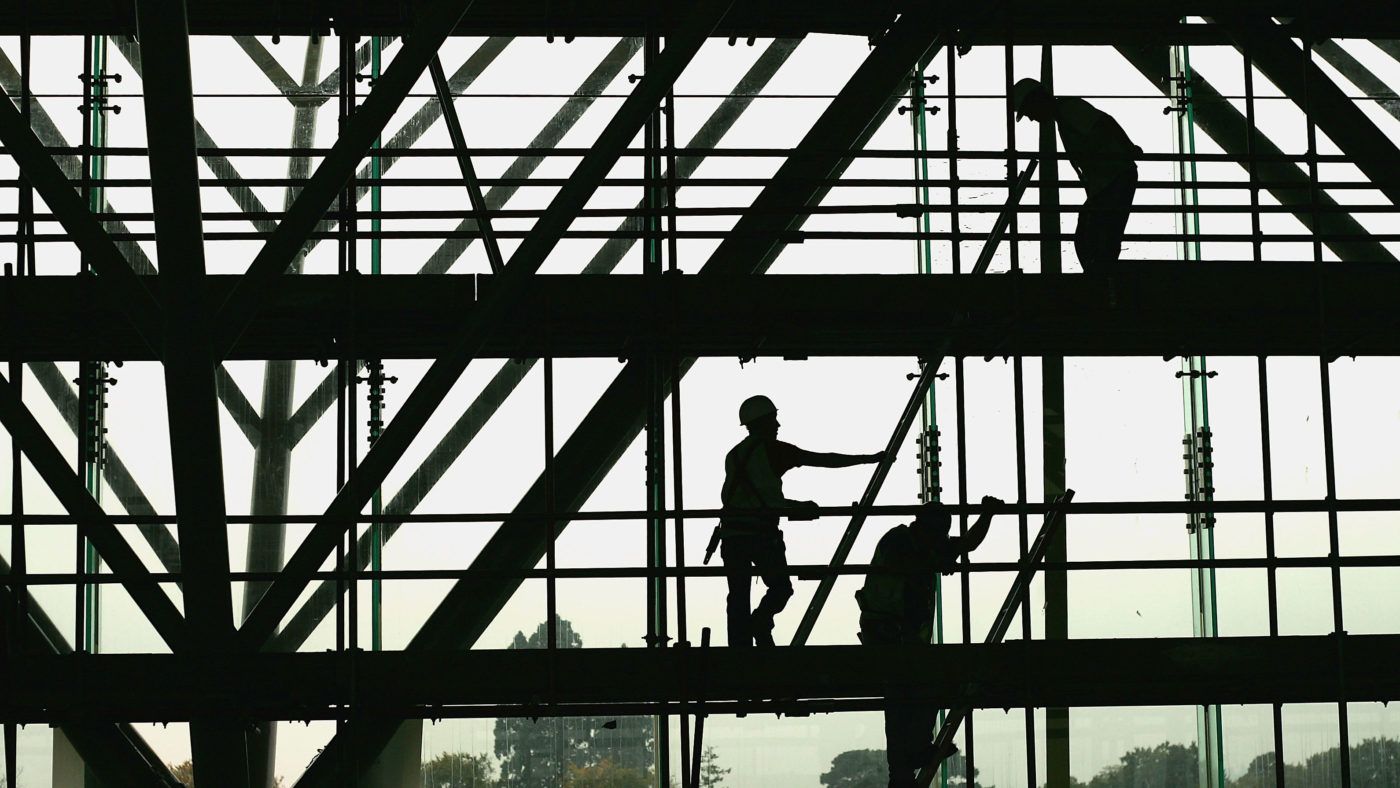Since the UK voted to leave the EU, British politics has lurched from one crisis to another, as the government and British people struggle to grasp the implications of this choice.
After Trump’s unexpected victory, on the back of a promise to reinvigorate a disaffected working class, the stakes of failure for social and economic policy seem higher than ever.
But amid the chaos is an opportunity to dramatically reshape our economy, and our society, for the better.
Ultra-loose monetary policy and fiscal austerity have enabled the UK economy to gradually recover from the financial crisis of 2008-9.
But they have failed to address Britain’s long-term economic challenges of low investment, poor productivity, an unbalanced economy, and a ballooning current account deficit.
We also face the prospect of a fall in investment in the short run due to the uncertainty surrounding our exit from the EU. And if, as many expect, a “hard Brexit” materialises, we are likely to struggle with falling foreign investment, increased barriers to trade and greater limits on immigration.
Now is surely the right time to reset economic policy to help meet these challenges and provide a secure platform for life outside the EU.
Demos’ new report today draws from a series of expert roundtables with economists and business leaders, where this issue was debated. We conclude that the Government has to prioritise action in three areas:
First, it needs to invest more in infrastructure and skills.
While the budget deficit has not yet been eliminated, the time is now right to loosen the fiscal purse strings and invest for the UK’s future. With gilt yields below 2% and interest rates close to zero, fiscal policy can be more expansionary.
Greater spending on infrastructure, particularly outside London, will boost growth in the short term, and more spending on adult skills as part of the new industrial strategy will help improve workers’ productivity.
Such investment will increase our growth rate, helping to reduce the burden of any additional government borrowing. This will also help offset the supply shock of exiting the EU and provide us with a stronger competitive advantage in global markets.
Second, we need to accelerate devolution. Devolving power and resources to the English regions is a vital means of reducing the gap between London and other areas, and ensuring that all parts of the UK share in future economic growth.
This is important economically, but also socially, and for political stability. Devolution has stalled due to uncertainty surrounding funding post-Brexit; the Government needs to restart it in earnest, by giving local authorities assurances over future funding streams.
In addition, combined authorities need to play a key role in the UK’s economic renaissance. They should form economic strategies that deliver for all the areas and sectors inside their city-region, not just for the core city.
They could also work more with their universities to boost innovation, encourage greater public-private collaboration and support the commercialisation of research.
Finally, we need to look closely at taxes and competition policy.
Since 2010, the Government has cut corporation taxes steadily from 28 per cent to 20 per cent, and they are set to fall further to 17 per cent by 2020. But investment hasn’t increased in the way expected – and the burden of taxation is now falling increasingly on households.
Instead, we argue that government should cut business rates – a heavy burden on many small businesses, which also tends to prevent firms investing in new offices and premises.
Lower business rates will help give the economy a short-term boost to deal with the uncertainty surrounding Brexit, while also helping to reduce the cost of doing business.
Another opportunity lies in reform to competition policy, which could go some way to tackling the persistent “productivity puzzle”.
There is new evidence from the OECD that productivity growth may have stalled because innovations developed by leading firms are not spreading fast enough to other firms in the industry.
This may be because of inadequate competition or insider knowledge acting to frustrate the spread of new ideas. Government should investigate how competition policy can be reformed to speed up this process.
Brexit will change the economic landscape for years and decades to come. But ensuring that landscape is one in which we can thrive is a task policy-makers can begin now.
Whatever one’s view on the decision to leave, we must at the very least see this period as offering unique opportunities to reset stagnant policies – and finally face up to the long-term structural reforms this country needs to grow in a sustainable, inclusive way.


